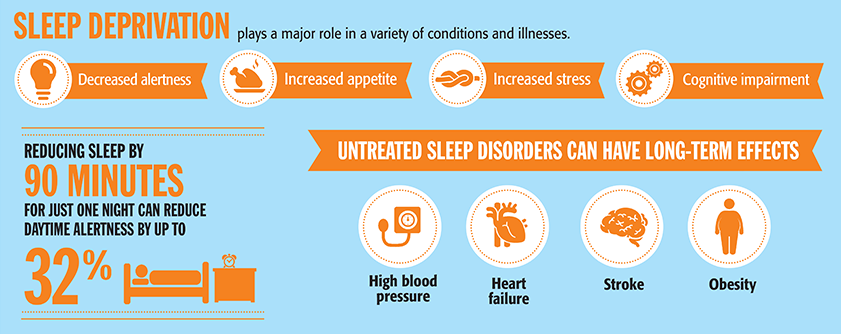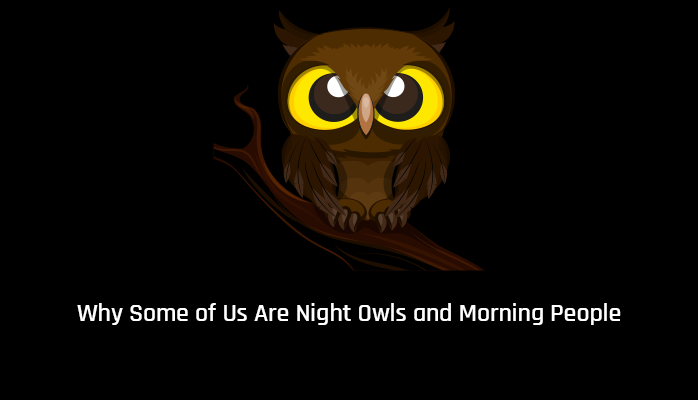What is the Circadian Rhythm?
Your circadian rhythm is your biological clock. It runs in the background of your brain, managing and regulating your cycle of sleep and wakefulness. It’s also known as your sleep-wake cycle. It’s an important term to understand when trying to understand how and why your body/brain operates the way it does – understanding which can be critical to getting a good night’s rest.
Your sleep-wake cycle dictates when you rise, rest, and rise again. While the ideal circadian rhythm aligns with a 24-hour cycle, not everyone operates on this schedule. Your natural sleep pattern may lean towards 26 hours or even 22 hours, showcasing the unique diversity in how individuals function within the constraints of modern society.
Also, you biological clock may be “shifted” to earlier or later in the day, hence the terms night owl and lark. It’s important to note that research has shown that 40-70% of your biological clock is genetic, meaning that while you may be able to shift your clock, it may be unrealistic to simply adopt a new sleep-wake cycle.
What’s a Night Owl?
A night owl is someone whose biological clock is naturally shifted later in the day, meaning that they are a person who naturally becomes tired much later in the night or early morning, and naturally wakes up later in the morning. They have the best brain activity around 8 pm.
A night owl may adjust easier to things like certain shift work, later jobs, and so on. However, being a night owl can be extremely difficult for jobs or school that involve waking up early and may experience:
- Insomnia
- Circadian rhythm disorders
- Sleep deprivation
Some of us become night owls by conditioning, or by necessity, such as if you have a partner who is naturally a night owl and your sleep cycle shifts to be closer to theirs.
What’s a Lark (Morning Person)?
A lark, or morning person, is someone whose biological clock is shifted to earlier in the day, meaning that they are someone who naturally becomes tired early in the evening, naturally wakes up early in the morning, and experiences peak brain activity in the morning.
Morning people may be less likely to experience insomnia and other circadian rhythm disorders because many jobs and other lifestyle factors operate closer to morning lark schedules rather than night owl schedules.
Reason Why You are a Night Owl or Morning Person
Our natural cycles likely have anthropological roots. A sleep monitoring study that was done on the Hadza people of Tanzania, whose lifestyle is the same as it has been for thousands of years, monitored the group of 20 Hadza people for 20 days and nights. Their findings were that:
- Someone was awake for almost all of the time
- Over 200 hours of study, everyone was asleep for only a total of 18 minutes
- Having a biological-clock diverse community was critical for survival, as someone is always on watch
As said earlier, about half or more of your biological clock is genetic. Based on the above study, you can owe your natural proclivity for being an earlier-riser or later-nighter to anthological history and genetics.
Difference Between Biological Clock and Insomnia
It’s easy to confuse being a night owl with having insomnia. Both involve being unable to sleep a “normal” schedule, and often involve significantly delayed onset of sleep.

In fact, being a night owl who works or goes to school early in the morning very well may lead to primary insomnia, which is insomnia with a known cause. The danger here is sleep deprivation, which has a whole host of symptoms and risks:
- Lower sex drive
- Less able to manage stress and anxiety
- Less likely to get requisite exercise due to fatigue
- Underperform at work, school, etc.
- Chronic irritability that can interfere with relationships
- Less engagement in activities
- More brain fog and general apathy
- The emotional impact of general inactivity due to fatigue
If you are worried that you are struggling with insomnia, and you live in Alaska, please take this online sleep test and get in touch with our sleep specialists.


